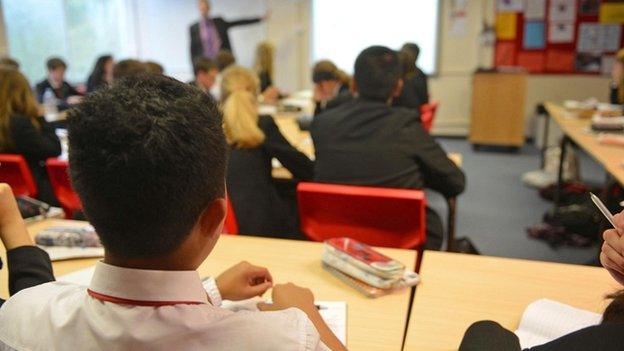Budget sets out academies plan and longer school day
- Published
- comments

The aim is to add an hour of extracurricular activity to the school day
Chancellor George Osborne has used his Budget speech to say all schools in England will become academies and extend the school day.
Schools must become academies by 2020 or have official plans to do so by 2022, he told MPs.
The proceeds of a sugar tax on fizzy drinks will boost sport in primary schools, while secondaries will get funds for after-school activities.
There will also be a new focus on school performance in northern England.
Mr Osborne said a review, carried out by Professor Adrian Smith, would consider whether maths should be compulsory until the age of 18.
And an extra £500m would be made available to ensure a "fair funding formula" for schools - aimed at addressing imbalances in the system - is up and running by the end of the Parliament.
Mr Osborne said: "Providing schooling is the single most important thing we can do to help children from a disadvantaged background to succeed."
It was also the single most important thing that could be done to boost the long term success of the country, he added.
Therefore, he pledged to "set schools free" from local bureaucracy, so by 2020 all schools must have converted or be in the process of converting to academy status.
Academy status
Any that failed to do so would be forced under radical new powers to be adopted by the government.
Academy status, introduced by a Labour government, was originally reserved for schools in urgent need of improvement, but since 2010 schools have been encouraged to convert and have been given extra funding for doing so.
Currently, 2,075 out of 3,381 secondary schools are academies, while 2,440 of 16,766 primary schools have academy status.
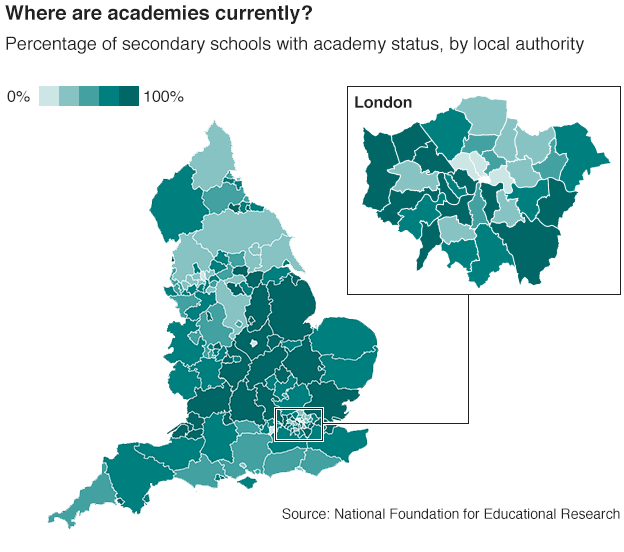
Chair of the Education Committee Neil Carmichael said: "Some academies are delivering great results for their pupils, but in progressing to a fully academised system we must ensure all schools are properly held to account for their performance.
"Multi-academy trusts currently receive little scrutiny and in our inquiry we are determined to examine their performance, accountability, and governance. The government will face significant challenges in implementing these proposals."
Malcolm Trobe, interim general secretary of the Association of School and College Leaders, said: "Whatever the type of school, two of the essential ingredients for success are sufficient funding and teacher supply.
"Unfortunately, schools currently face real-terms cuts and a recruitment crisis. The government must ensure its vision for full academisation is backed up by the resources that schools and young people need."
Mr Trobe also said there were a number of issues around the idea of a longer school day that made it "complicated".
"Lots of schools do a lot of high-quality after-hours activity, including revision classes sometimes in the school holidays," he said.
"It's going to be quite complex to define the difference between those activities that schools are already laying on for pupils and any additional activities which come out of the Chancellor's Budget statement.
"We also believe it's highly divisive to have these funded activities available in 25% of schools - potentially youngsters in some schools would be in an advantageous position over others."
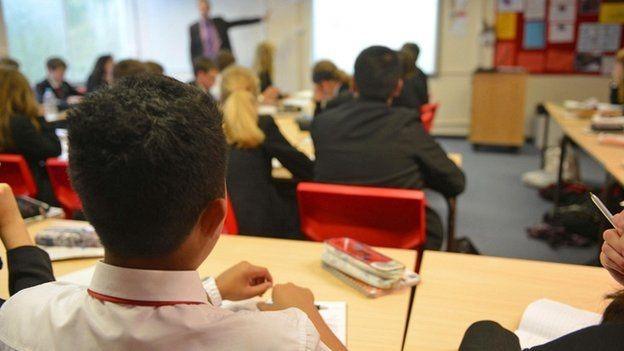
Heads say schools already offer more than standard academic lessons
Russell Hobby, general secretary of the National Association of Head Teachers, said the focus should be on school to school collaboration.
"The shift to universal academisation will probably not produce the benefits that the Chancellor hopes for and the price paid for the change will be high. We do not yet have a positive vision for the future of smaller schools in the absence of local authority support."
The National Children's Bureau said there was evidence that local authorities were often as effective as academy chains in providing high quality education.
"There are also serious concerns that removing local authorities from the planning of education across an area could further disadvantage children who are already vulnerable because they have special educational needs, mental health problems or are at risk of missing education," it said.
But Mr Osborne said Wednesday's Budget would "put the next generation first", with a "bold plan to make sure that every child gets the best start in life".
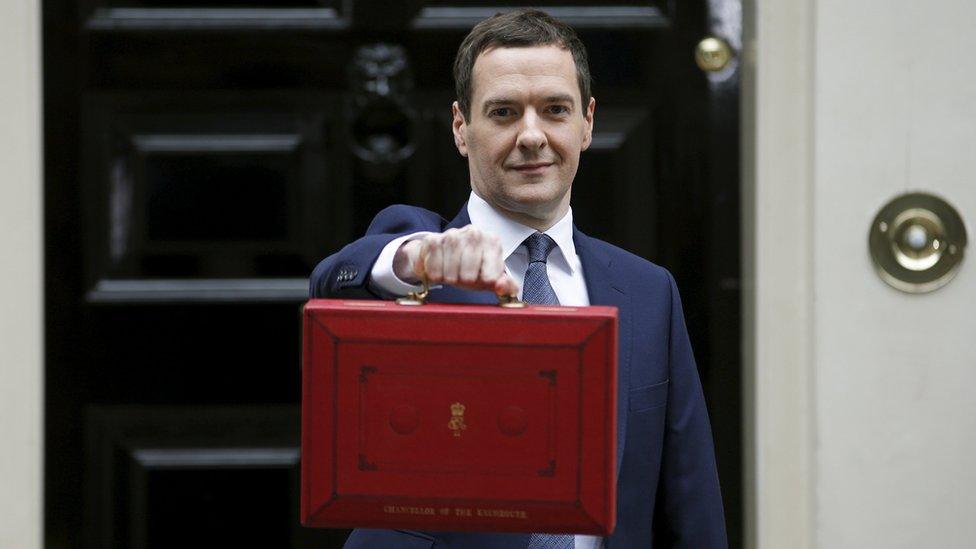
Mr Osborne says he wants to "help the next generation"
Shadow Education Secretary Lucy Powell said: "There is nothing more important to our global competitiveness than mathematics which will drive success in digital skills, automation and other important jobs of the future.
"Labour called for English and maths to 18 at the last election precisely because we want to ensure young people have the skills they need to succeed."
Mark Lever, chief executive of the National Autistic Society, said: "The government must explain how its plan to make all schools in England become academies will affect children with special educational needs, including autism.
"Local councils will continue to be responsible for making sure the most vulnerable children in their area get the education they deserve but they'll have to do this without having any control over local schools."
Chief executive of the Child Poverty Action Group Alison Garnham said: "This Budget puts the next generation last and set to be the poorest generation for decades.
"The Chancellor ignored both the 3.7m children in poverty now and the fact that according to Institute for Fiscal Studies projections we face the biggest increase in child poverty in a generation."
The announcements relate only to England.
Scotland, Wales and Northern Ireland - where education is a devolved matter - each have their own systems., external
- Published16 March 2016
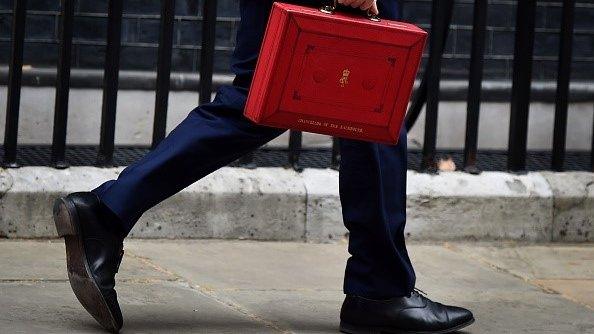
- Published16 March 2016

- Published16 March 2016
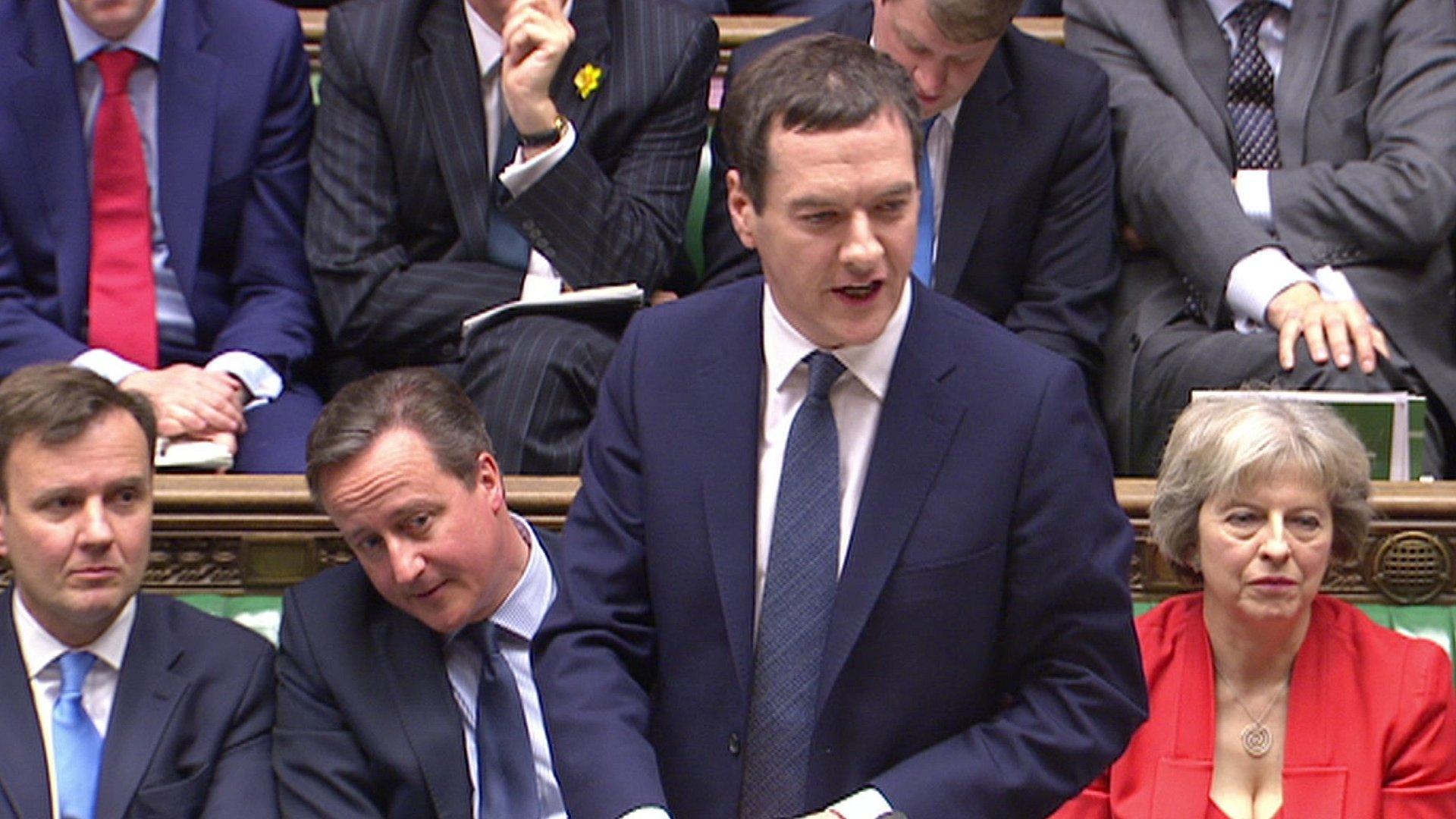
- Published15 March 2016
- Published16 March 2016
- Published4 February 2016
